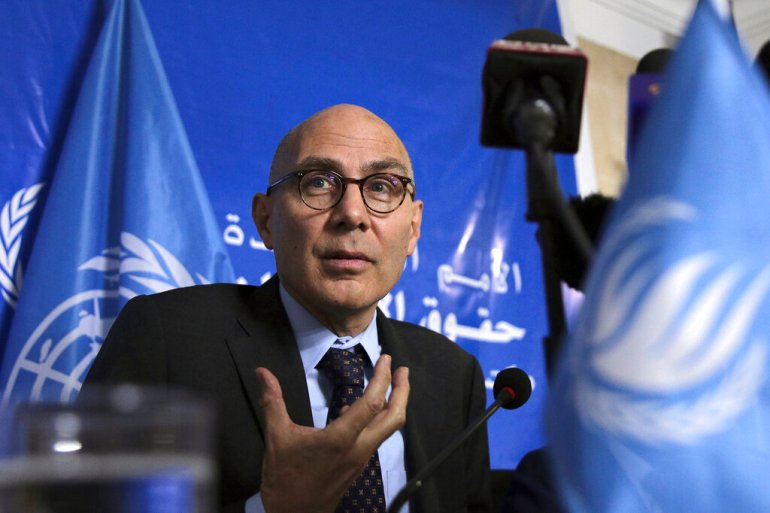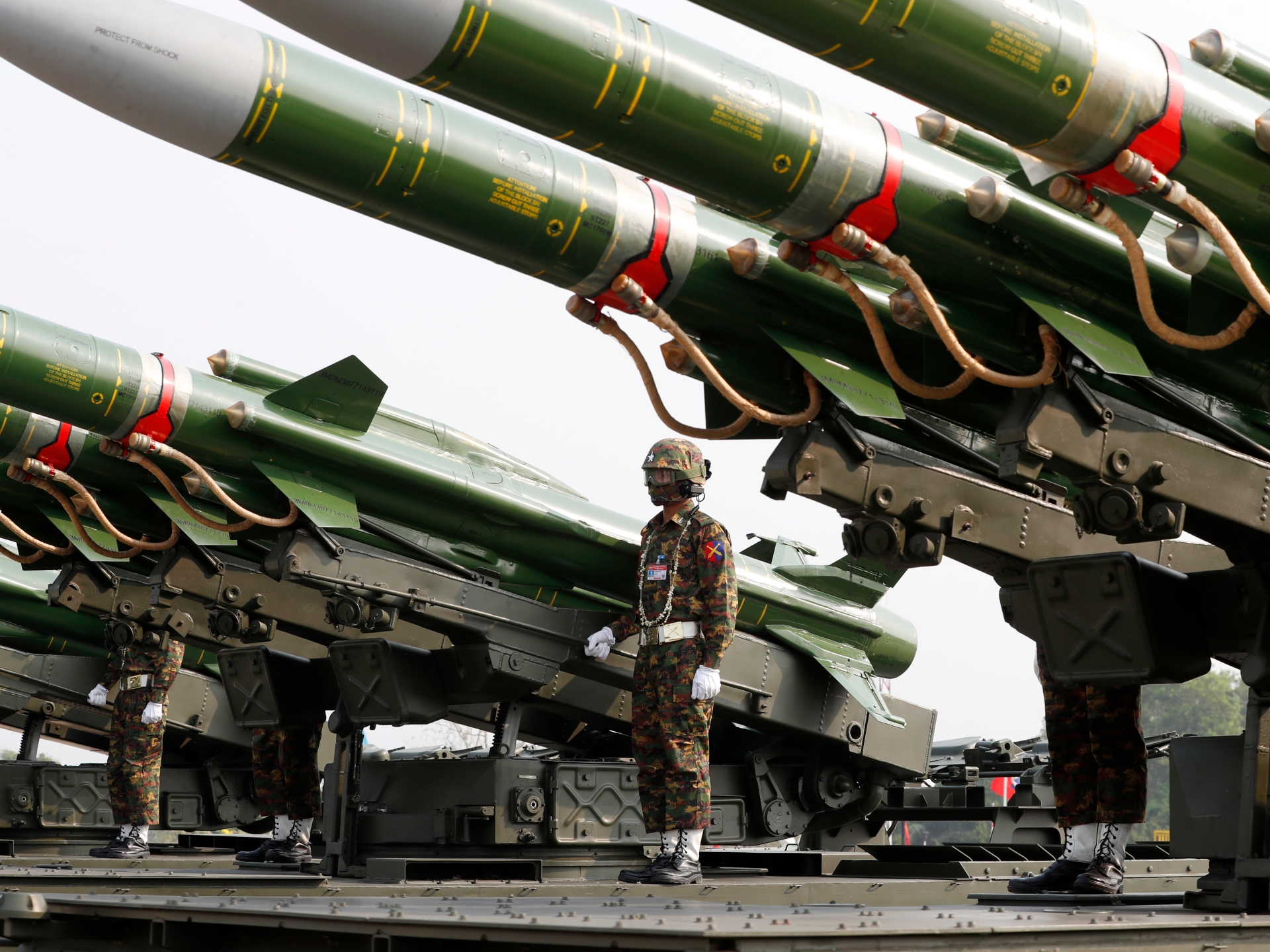UN rights chief Volker Turk said that more than 130 opponents of Myanmar’s military regime have been sentenced to death.
Myanmar’s military government is using capital punishment as a tool to crush opposition to its rule and has sentenced more than 130 opponents of the regime to death since February 2021, a senior United Nations official said.
UN High Commissioner for Human Rights Volker Turk said on Friday that at least seven university students were sentenced to death behind closed doors on Wednesday, and there are reports that as many as four more youth activists were also sentenced on Thursday.
Turk called for a suspension of all executions and for Myanmar’s military rulers to place a moratorium on the use of the death penalty.
“The military continues to hold proceedings in secretive courts in violation of basic principles of fair trial and contrary to core judicial guarantees of independence and impartiality,” he said in a statement.
The military had also shown a disdain for regional and international peace efforts “by resorting to use death sentences as a political tool to crush opposition”, the UN chief said.

The Students’ Union of Dagon University in Yangon – the country’s largest city – announced on Thursday that seven university students between the ages of 18 and 24 who were arrested on April 21 had been sentenced to death on Wednesday by a military court in Yangon’s Insein prison.
An executive member of the Dagon University Students’ Union told The Associated Press that the seven were accused of links to an urban armed movement opposed to military rule and were convicted of murder for allegedly taking part in shooting a bank branch manager in April.
About 2,000 people have also been killed since the military seized power and toppled the democratically elected government of Aung San Suu Kyi, said Duwa Lashi La, the head of a parallel civilian government established in opposition to the military regime.
Duwa Lashi La, the acting president of the National Unity Government (NUG), which is comprised of remnants of the administration of deposed leader Aung San Suu Kyi and others, told Reuters on Thursday that the death toll was high but it was “the price we must pay” to resist the military.
The crushing of peaceful protests against military rule has now fuelled a popular armed resistance movement and that, in turn, has increased repression by the military, particularly in rural areas.
In late July, the military hanged four political activists in the country’s first executions in at least 30 years.
The hangings prompted condemnation from Western nations and the Association of Southeast Asian Nations (ASEAN), which has sought to defuse the crisis with a five-point peace plan that the military government has failed to implement.
While Western nations have voiced support for the NUG and sanctioned military commanders and companies, they have stopped short of supplying military aid for the opposition and say that ASEAN is the best placed to resolve the crisis peacefully.
